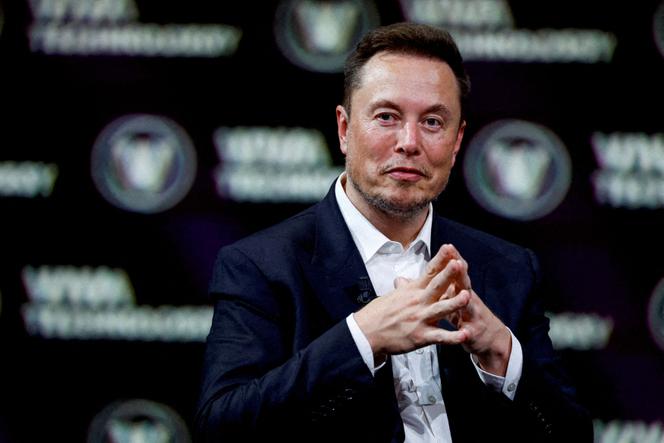


The scenario was so improbable that even on a video streaming platform, it would have had a hard time fitting in. On Saturday, August 26, Mark Zuckerberg, CEO of Meta (parent company of Facebook, Instagram and WhatsApp), was supposed to face Elon Musk, CEO of Tesla, SpaceX and X (formerly Twitter), in an iron cage for a mixed martial arts (MMA) fight, with the world's cameras watching. In the real world, the fight might never take place but the media impact of this challenge, fueled by Musk's provocations and one-upmanship, has kept social media busy all summer.
Behind what looks like a war of egos between Silicon Valley billionaires, however, lies an equally violent economic fight that has come to a head in recent months. The crux of the battle revolves around how to attract millions of users along with the associated revenue, whether from subscriptions or advertising, to their respective social media platforms.
While it was Musk who first challenged Zuckerberg physically, it was Meta that lit the fuse with the launch of Threads, a new service in direct competition with Twitter. Like its competitor, Threads is a text-based social media app. It lets you post messages of up to 500 characters, to which you can add photos and videos.
Launched on July 6, this new service claims to distinguish itself from Twitter. In an interview with The Verge on July 7, Adam Mosseri, the head of Instagram, explained that the ambition of Threads is "to create a public square for communities on Instagram that never really embraced Twitter and for communities on Twitter (and other platforms) that are interested in a less angry place for conversations." He specified that nothing will be done to encourage people to talk about politics or current events.
In fact, the project seems to be a full-scale attack on Twitter. Zuckerberg himself didn't hesitate in July to challenge the bird app by setting his goal for Threads at 1 billion users or more: "Twitter has had the opportunity to do this but hasn't nailed it. Hopefully we will." The start of Threads may have fueled the Facebook founder's hopes. In five days, the service that launched in some 40 countries – but not in Europe – attracted 100 million users, while Twitter has 540 million, according to Musk. It was a sufficiently brilliant start to worry the Tesla CEO, whose arrival at the head of Twitter has done some damage.
He acquired Twitter on October 27, 2022, for $44 billion (€44.1 billion), at the end of a bizarre saga during which he tried to withdraw his initial proposal. On the evening of the deal, Musk tweeted, "The bird is freed." This was his way of signaling that total freedom of expression was about to unfold on the platform. Now, well-known figures who had been banned from Twitter for their controversial comments would once again have the right to express themselves. The choice turned out to be a dangerous one, especially for a company with an unproven business model, 16 years after its creation on March 21, 2006. In the second quarter of 2022, the company was still losing $270 million. Since it is no longer listed, it is no longer obligated to publish its results.
You have 42.95% of this article left to read. The rest is for subscribers only.
